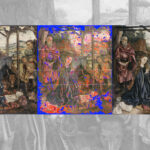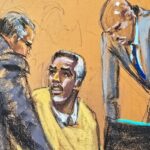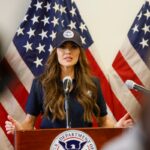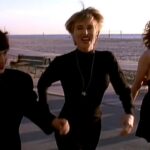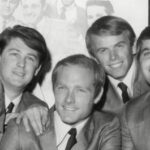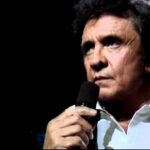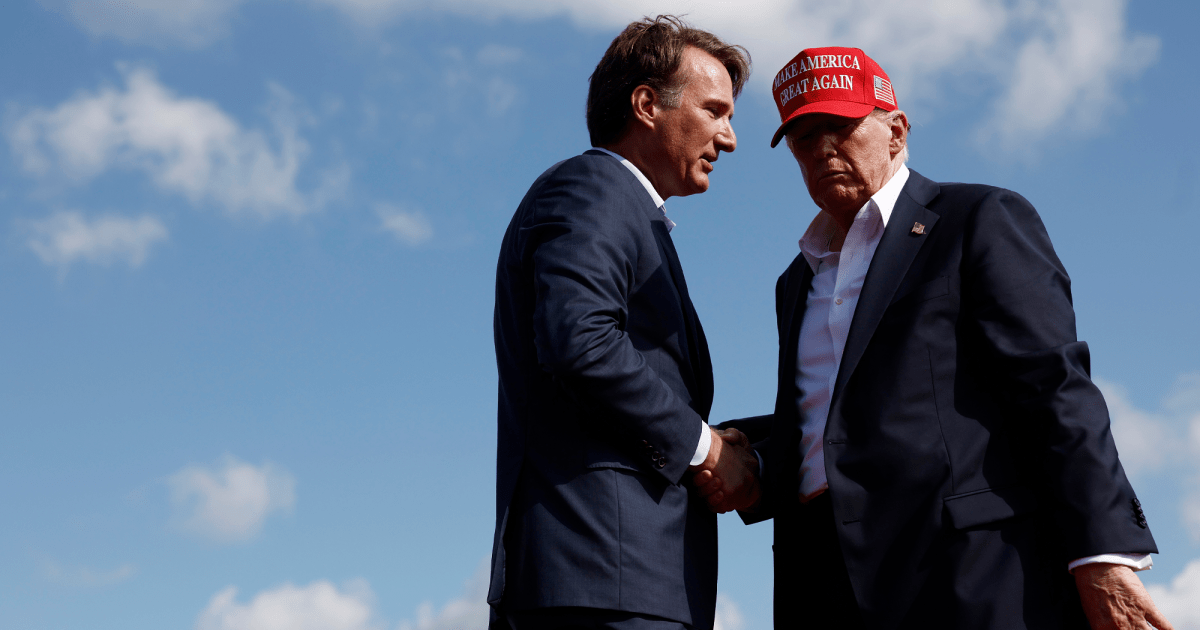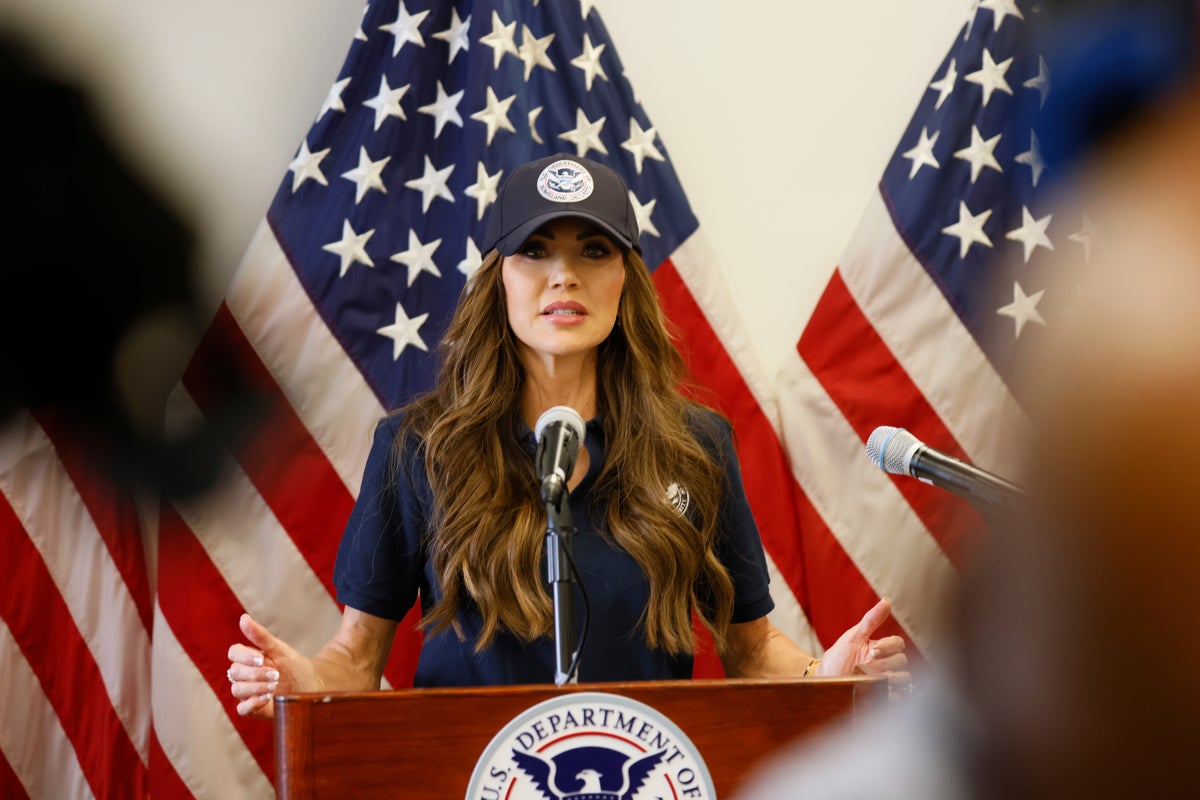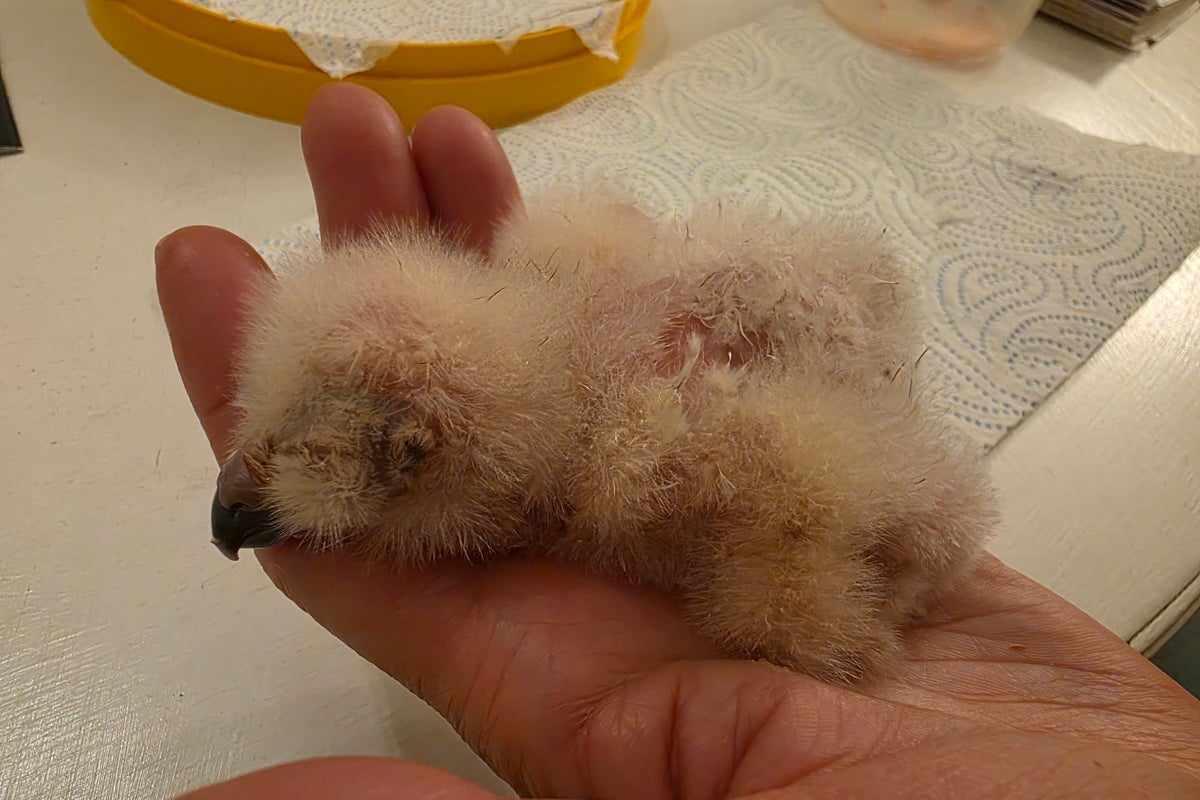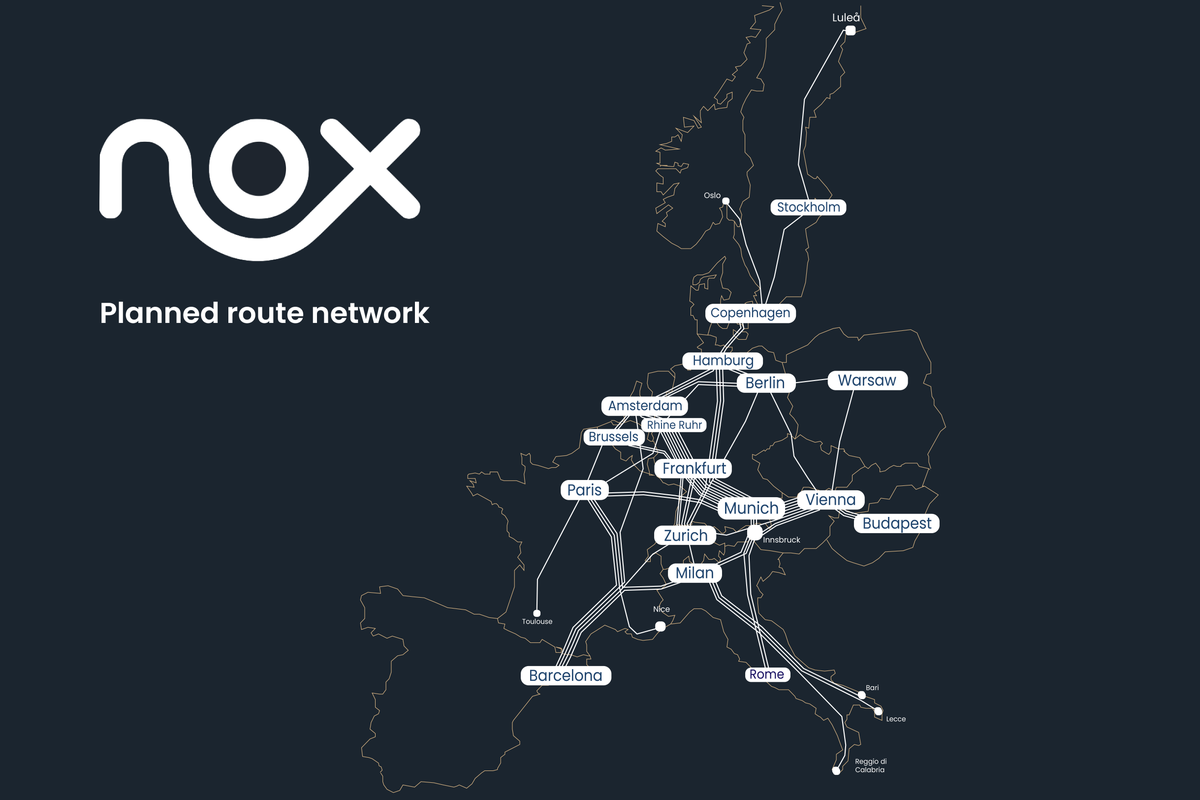Within days of Donald Trump’s return to office, a chilling message for voting rights arrived. The Justice Department was seeking to dismiss a lawsuit, originally brought forth by the Biden administration, challenging Virginia Gov. Glenn Youngkin’s efforts to purge voter rolls.
It wasn’t exactly a surprising move; the new Trump administration would soon back similar voter suppression efforts around the country. But for Virginia in 2025, the stakes couldn’t be higher. This November, the offices of governor, attorney general, lieutenant governor, and every seat in the state’s House of Delegates are up for grabs, setting up an off-year election season—and, critically, a bellwether for Trump—to be one of the most closely watched in recent memory.
As Dr. Fergie Reid Jr., a prominent political activist in the state, told the Virginia Mercury last month: “Virginia is the first opportunity for really any state in the United States to answer back to what’s going on in Washington right now. It’s going to send a big, loud message to the rest of the country and to the world that not everybody in America is with Trump.”
So with all eyes on Virginia this year, how are voting rights groups preparing? I caught up with Joan Porte, president of the League of Women Voters of Virginia, one of the initial groups to back a similar lawsuit that had challenged Youngkin’s voter removals, to hear about the group’s work ahead of November.
This conversation has been edited for length and clarity.
What are organizations like the league doing to make voters feel empowered this election cycle?
We’re ramping up what we normally do. Even headed into our biennial convention this month, I’m planning to somehow get 1,516 boxes of election material, including yard signs, into my car to distribute to our local leagues. We will be distributing our usual massive amount of voting information, getting it translated into six languages, and making it available to our partners so they can download and distribute it to their groups. We will be doing candidate forums. Our Richmond league always has a call-in show on a news program and a local station so that the candidates can answer questions. We have social media posts with voting reminders.
Only four states, including Virginia, have off-year elections. What have you heard about voter burnout?
We’re always worried about the voter lag in Virginia, because our state, along with my home state of New Jersey, pretty much has an election every year, which can lead to fatigue. But experts say that off-year elections are often a reflection of the new administration. We saw this in 2012 during [President Barack] Obama’s term with the rise of the Tea Party.
Trump’s mass deportation scheme, a looming abortion ban, the DOGE layoffs that hit Virginia’s military bases and federal workers especially hard. Can you talk about how these issues will affect Virginians at the polls this year?
It all comes down to this: Are they going to vote? We saw it last year with about 36 percent of people who were eligible to vote who just didn’t. If you’re asking me for a crystal ball, I would say that those things will affect voters, but will it affect them enough to say, “Yes, I’m going to go vote this way or that way,” or will they say, “Meh, what’s even the use? They’re all the same. Nothing is going to change.” That’s what we always fear at the league. We want to see 100 percent voting. We want to see every eligible person have their voice heard. All these things could motivate one party over another. But it could also keep people away out of a sense of despair, which is the worst thing that can happen.
Let’s talk about Gov. Youngkin’s voter purge. Do you think it lessened people’s faith in Virginia’s voting system?
That lawsuit is still ongoing. We are waiting for the judge to reconvene. There were two purges, including one last year, where 7,000 people, based on very faulty information from the Department of Motor Vehicles, were removed from the rolls.
“You might ask, ‘Well, what’s wrong with having uniformed police at the polling booth?’ Well, probably nothing, if you look like me, a white woman of a certain age. But if you are a member of a cultural group that has been targeted by police, seeing uniformed officers at the polls is not comforting.”
We won in every court except the Supreme Court. Fortunately, in Virginia, we have same-day voter registration, so we were able to encourage those people to vote. But I think anytime that something like that happens, it lessens people’s faith in the voting system. Some people will vote no matter what, but some are prone not to vote. Youngkin’s efforts also have a chilling effect on people who may be naturalized citizens but are fearful about government intervention.
Tell me about voter intimidation in Virginia.
We always anticipate voter intimidation, and we’ve seen some very creative ones in Virginia. Someone had a gun shop that happened to be near a polling place, so they were shooting off guns the day of the election. We have seen people trying to stir up trouble so that there’s a police presence at the polling booth. Now you might ask, “Well, what’s wrong with having uniformed police at the polling booth?” Well, probably nothing, if you look like me, a white woman of a certain age. But if you are a member of a cultural group that has been targeted by police, seeing uniformed officers at the polls is not comforting, especially now with the ongoing intimidation of immigrant populations.
What are some ways that voters can protect themselves and their rights when casting their ballot?
The election protection hotline is a great resource, and there are several in various languages, including Spanish, Arabic. If you know you’re a citizen and you’re registered, you can call that number. It is staffed by nonpartisan attorneys, and they have a very good track record of getting this stuff cleared up so that a person can vote. Getting on the permanent absentee ballot list is also a great move, and it has been shown to increase voter turnout. Fortunately, the league was instrumental in getting rid of that ridiculous “you need somebody to sign it” rule, which was a voter suppression tactic.
Gov. Youngkin recently announced that a special election will take place September 9 to fill the seat of the late Rep. Gerry Connolly, adding one more critical race in an already high-stakes election year. Could the addition of one more surprise election exacerbate this sense of voter fatigue and ennui we talked about amongst voters?
Yes, it could.
Lt. Gov. Winsome Earle-Sears [the GOP candidate for governor] recently landed in some hot water for failing to disclose several free international trips, including one to Israel. Tell me a bit about the history of Virginia’s campaign finance laws and how they could affect the governor’s race this year.
Basically, we don’t have any. We only barely passed a law during the last session requiring [candidates] to not use campaign funds for personal events like child care or care of an elderly parent. But before this law came into effect, I could say I’m running for this office, and if you love me dearly, you could give me $3 million, I could buy a new house with it, and there’d be no law against that.
I am exaggerating a little bit. But generally, we have terrible campaign finance laws in the state of Virginia.

